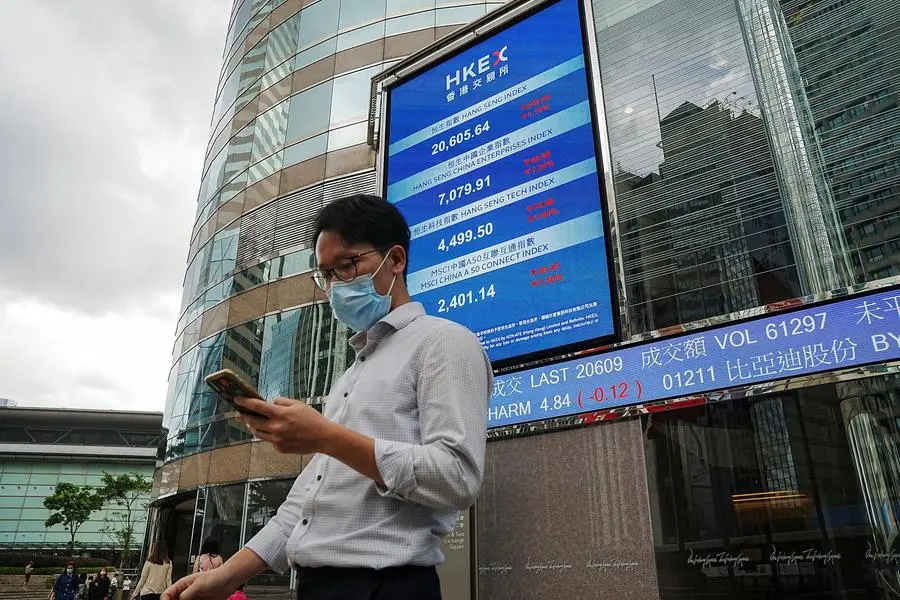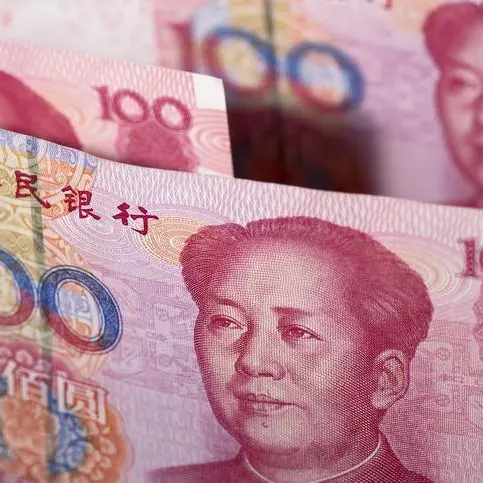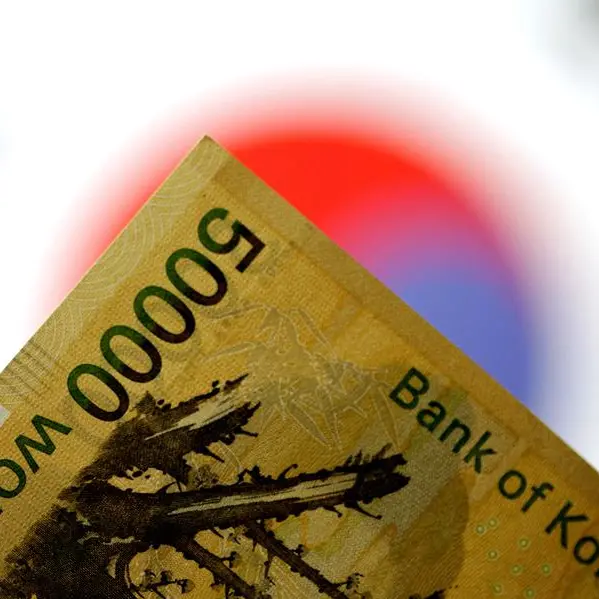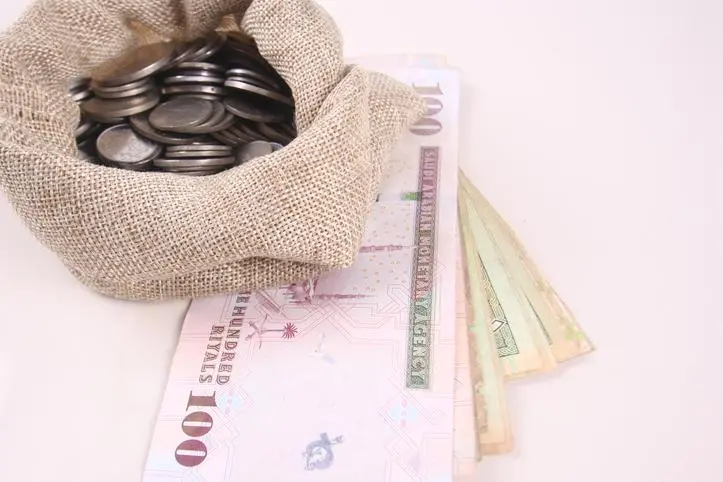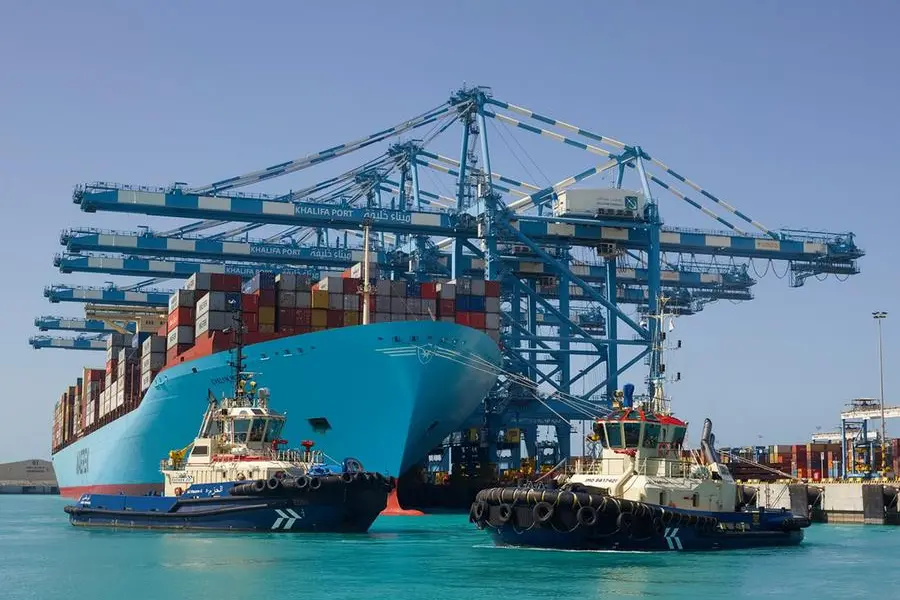PHOTO
China stocks were flat on Thursday after the latest consumer prices data revived worries on recovery, while investors weighed developments in the property sector and other stimulus measures.
The blue-chip CSI 300 Index and the Shanghai Composite Index wobbled in the morning trade and closed largely unchanged by midday. Hong Kong's Hang Seng Index edged down 0.3%.
Data showed China's consumer prices swung back into contraction and factory-gate deflation persisted in October as domestic demand struggled, casting a shadow on the outlook for any broader-based recovery in the world's second-largest economy.
The consumer price index (CPI) dropped 0.2% in October from a year earlier, faster than expected.
"What we are seeing today is mainly the result of a supply excess, rather than a collapse in demand," said Robert Carnell, regional head of research for Asia-Pacific at ING.
Analysts said overall investor sentiment is marginally picking up as China's economic data shows signs of stabilisation and U.S. is pausing rate hikes.
Still, shares of Chinese property giant Country Garden fell over 7% in a volatile morning trade,giving up some of the previous day's big gains on the back of a report that Beijing had asked Ping An Insurance Group to take a controlling stake in the embattled homebuilder.
Property stocks rose late on Wednesday after Reuters reported China's State Council had instructed the local government of Guangdong province to help arrange a rescue of Country Garden by Ping An.
Ping An subsequently said in a statement to Reuters it has "not been asked by (the) Government to takeover Country Garden".
Stocks of other Chinese developers were lower, with the Hang Seng Mainland Properties Index down 3.7%, led by a decline in China Evergrande Group and CIFI Holdings shares.
Ping An's Hong Kong-listed shares dropped 1.6% while its mainland A shares were down nearly 3%.
Toxic assets or bankruptcy companies usually go to distressed asset managers in China, BofA analysts said in a note.
Previous experience shows Ping An is "likely wary of becoming involved in (property) company operations and taking excessive responsibility" which could impact its financial stability, they said. (Reporting by Summer Zhen; Editing by Lincoln Feast and Muralikumar Anantharaman)
